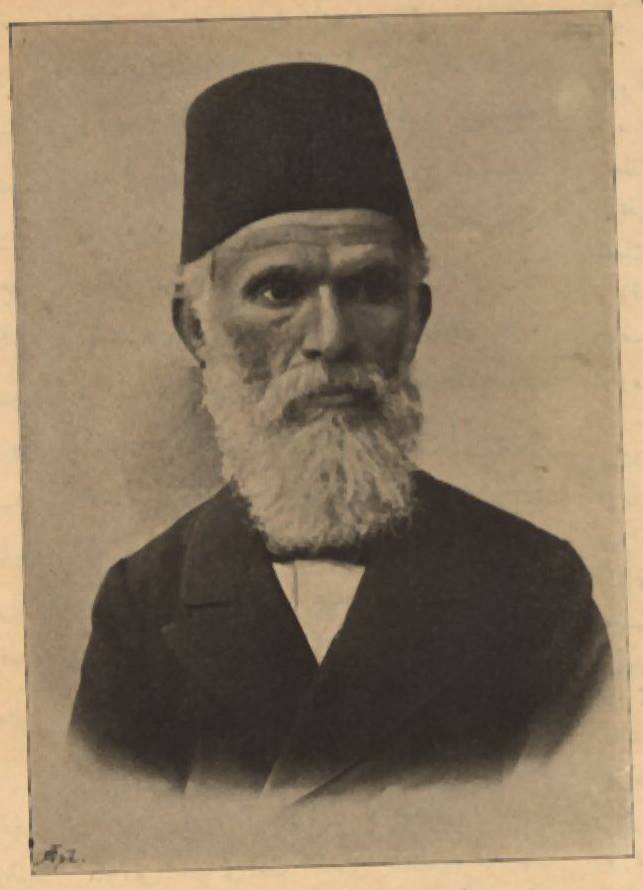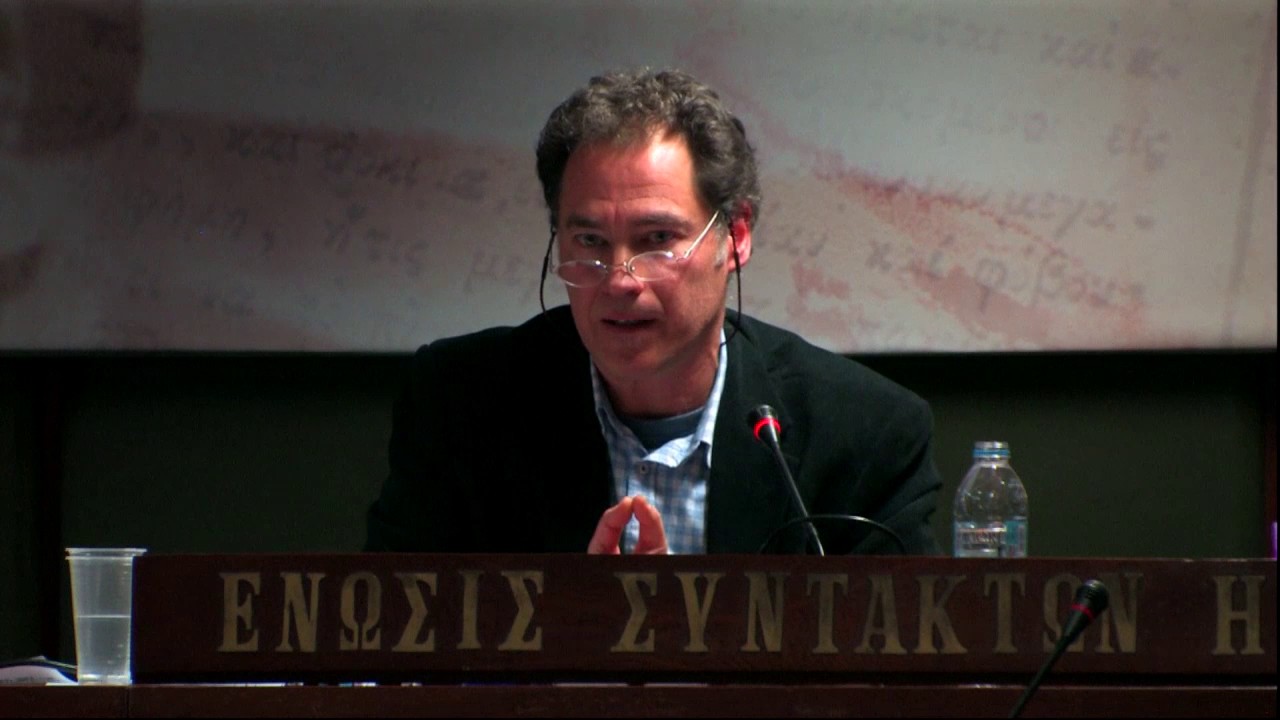
BESA TIME®
True News PortalMOSSAD HOW WAS ESTABLISHED and HOW IS IT DIFFERENT FROM OTHER INTELLIGENCE AGENCIES?
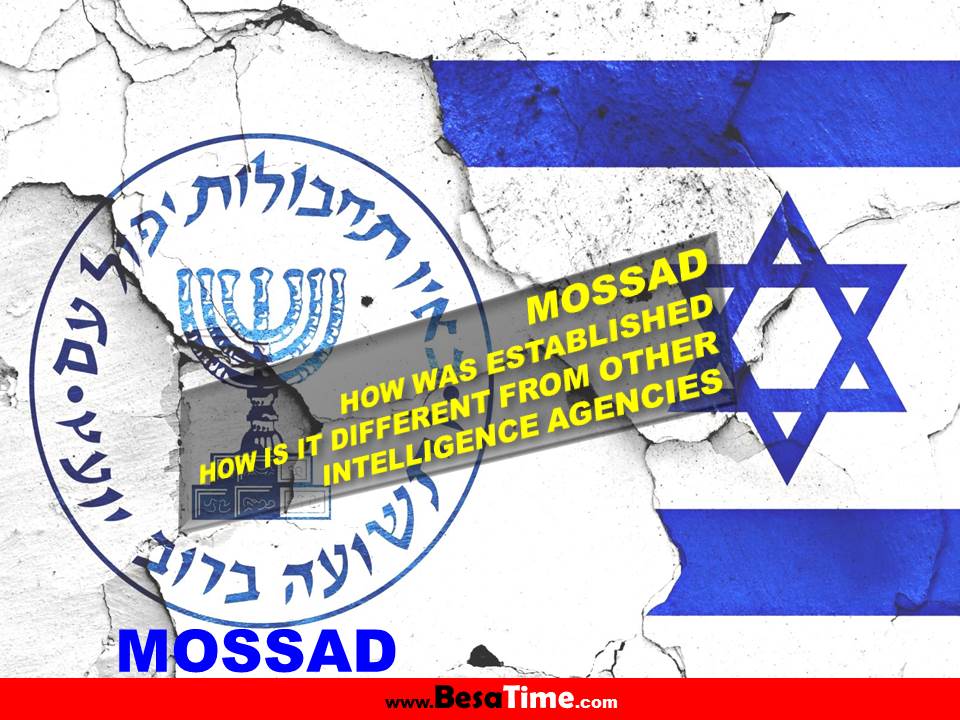
MOSSAD HOW WAS ESTABLISHED and HOW IS IT DIFFERENT FROM OTHER INTELLIGENCE AGENCIES?
The communication devices used by Hezbollah members were unexpectedly turned into explosives. The devices, seen as a safe means to evade detection by Israel’s sophisticated surveillance system, were detonated in the hands of their users, killing dozens and injuring thousands.
The Lebanese government has blamed Israel for the attacks, describing them as “criminal Israeli attacks,” while Hezbollah has vowed “retaliation.”
Israel has yet to respond to the allegations, but some Israeli media outlets report that the cabinet has instructed ministers to refrain from making any statements about the incident.
Israel closely monitors Hezbollah’s activities, suggesting that the operation may be part of an ongoing conflict between the two sides.
If Israel is responsible, it would be one of its most surprising and, some would say, most effective operations, and would bring to mind past missions attributed to both Israel and its national intelligence agency, Mossad.
How is Mossad different from other intelligence agencies?
Mossad, officially known as the Intelligence and Special Operations Institute, was founded in 1949 by the country's first prime minister, David Ben-Gurion, just a few months after the founding of the State of Israel.
“The Mossad is Israel’s foreign intelligence agency, broadly equivalent to the US CIA or the UK’s MI6, but with much broader powers,” explains BBC defence correspondent Frank Gardner.
The agency’s mission is to “gather intelligence, counter threats and ensure the security of the State of Israel and the Jewish people.”
To carry out this mission, Mossad says on its website, it will “rely on the most talented in society to carry out covert activities abroad with courage, wisdom and cunning.”
The secrecy surrounding the agency was so great that until the 1990s, the names of its senior officers were not made public until after their terms in office. The first Mossad director to be identified while in office was Danny Yatom.
Unlike the CIA and MI6, Mossad plays a major role in Israeli diplomacy, particularly in normalising relations with Muslim-majority countries.
Former Mossad Director Yatom told Le Grand Continent magazine: "Mossad led the way in improving relations with Morocco and other North African countries," he confirmed this information.
Mossad has been credited with many successful operations in the past. Here are a few that stand out:
Capture of Nazi Officer Adolf Eichmann
The abduction of Nazi Officer Adolf Eichmann from Argentina in 1960 is one of the Mossad's most famous intelligence achievements.
A key architect of the Holocaust, Eichmann was responsible for the persecution of Jews in Nazi concentration camps during World War II. During this period, an estimated six million Jews were killed by Nazi Germany.
After disappearing from several countries, Eichmann settled in Argentina.
A Mossad team of 14 agents tracked him down, kidnapped him, and took him to Israel, where he was tried and eventually executed.
Operation Entebbe
The 1976 Entebbe operation in Uganda is considered one of Israel's most successful military missions.
Mossad provided intelligence, while the Israeli army conducted the operation.
Two men from the Popular Front for the Liberation of Palestine, along with two Germans, hijacked a plane bound for Paris and diverted it to Uganda. They held the passengers and crew hostage at Entebbe Airport.
Israeli commandos stormed the airport and rescued the remaining 100 Israeli and Jewish hostages.
Three hostages, the hijackers, several Ugandan soldiers, and Jonathan Netanyahu, the brother of current Israeli Prime Minister Benjamin Netanyahu, were killed in the incident.
Operation Brothers
In the early 1980s, under the instructions of former Israeli Prime Minister Menachem Begin, Mossad smuggled more than 7,000 Ethiopian Jews into Israel via Sudan, using a fake diving facility as a cover.
Sudan was a hostile Arab League country, so a team of Mossad agents operating in secret set up a facility on the country’s Red Sea coast and used it as a base.
They posed as hotel staff during the day and smuggled Jews out of the country by air and sea at night, secretly arriving from neighboring Ethiopia.
The operation lasted at least five years, and by the time it was discovered, the Mossad agents had fled.
Reprisals after the Munich Olympics kidnapping
In 1972, the Palestinian militant group Black September killed two members of the Israeli team at the Munich Olympics and took nine others hostage.
The athletes were later killed during a failed rescue attempt by West German police.
In the years that followed, Mossad targeted those suspected of involvement in the attack, including Mahmoud Hamshari.
He was killed by an explosive device planted in his Paris apartment.
Hamshari lost a leg and was badly injured in the blast, eventually dying.
Yahya Ayyash and the exploding phone
In a similar operation in 1996, Yahya Ayyash, a prominent Hamas bomb maker, was killed when a 50-gram explosive device in his Motorola Alpha mobile phone detonated.
Ayyash, a prominent leader in Hamas’ military wing, was known for his expertise in making bombs and carrying out sophisticated attacks on Israeli targets.
This made him a primary focus for Israeli security services and one of Israel’s most wanted figures.
In late 2019, Israel lifted censorship of some details of the assassination, and a recording of Ayyash’s last phone call with his father was broadcast on 13 of the country’s TV channels.
The assassinations of both Hamshari and Ayyash prove that Mossad has a long and complex history of using advanced technology for targeted killings.
Mahmoud al-Mabhouh: Strangled to death
In 2010, Hamas’ top military leader Mahmoud Al Mabhouh was assassinated in a Dubai hotel.
Initially it appeared to be a natural death, but Dubai police were able to identify the assassination team after reviewing camera footage.
Police later said Al Mabhouh was electrocuted and then strangled.
The operation was believed to have been carried out by Mossad, which sparked outrage in the United Arab Emirates.
Israeli diplomats, however, claimed there was no evidence of Mossad involvement.
But in line with Israel’s policy of keeping such matters “in the dark”, they did not deny their involvement.
.

.
FAILED ASSASSINATION ATTEMPTS
Despite Mossad’s many successful operations, there are also known failures.
Hamas Political Leader Khaled Meshal
One of the Mossad operations that led to a major diplomatic crisis was Israel's attempt to poison Khaled Meshaal, the head of Hamas's political bureau, in Jordan in 1997.
The mission failed when Israeli agents were captured, forcing Israel to provide an antidote to save Meshaal's life.
Danny Yatom, the head of Mossad at the time, flew to Jordan to treat Meshaal.
The assassination attempt strained relations between Jordan and Israel.
Hamas leader Mahmoud Al-Zahar
In 2003, Israel carried out an airstrike targeting the home of Hamas leader Mahmoud al-Zahar in Gaza City.
Although al-Zahar survived the attack, his wife and son Khalid, along with several others, were killed.
The attack, which completely destroyed his home, is a reminder of the serious consequences of military operations in densely populated areas.
The Lavon Incident
In 1954, Egyptian authorities foiled an Israeli operation known as Operation Susannah.
The failed mission aimed to plant bombs on American and British facilities in Egypt to force Britain to maintain its presence in the Suez Canal.
The incident became known as the Lavon Incident, named after Pinhas Lavon, Israel's then Minister of Defense.
He was believed to have been involved in planning the operation.
The Yom Kippur War
On October 6, 1973, Egypt and Syria launched a surprise attack on Israel to retake the Sinai Peninsula and the Golan Heights.
The timing of the attack on Yom Kippur, the Jewish Day of Atonement, caught Israel off guard in the early days of the war.
Egypt and Syria attacked Israel on two fronts.
Egyptian forces crossed the Suez Canal, suffering only a fraction of the expected casualties, while Syrian forces attacked Israeli positions and reached the Golan Heights.
The Soviet Union provided supplies to Syria and Egypt, while the United States provided an emergency supply line to Israel.
Israeli forces were repelled, and the war ended on October 25, four days after a United Nations resolution calling for an end to hostilities.
October 7, 2023 attack
Nearly 50 years later, Israel was again surprised by a surprise attack, this time by Hamas on 7 October 2023, on Israeli towns near the Gaza border.
Mossad’s failure to predict the attack is considered a major fiasco and analysts say reflects a weakness in Israel’s deterrence policy towards Hamas.
Israeli authorities say around 1,200 people, mostly civilians, were killed in the 7 October attack. Another 251 people were taken back to Gaza as hostages.
In response to Hamas’ attack, Israel declared war on the Gaza Strip, and according to the Hamas-run Health Ministry, more than 40,000 people have been killed in Gaza so far, mostly civilians.BBC


THE ISRAELI GENOCIDE IN GAZA CONTINUES: 40.000 INNOCENT PALESTINIAN CHILDREN AND WOMEN WERE KILLED BY JEWISH ISRAELIS! THE RECTOR OF COLUMBIA UNIVERSITY RESIGNS!
THE ISRAELI GENOCIDE IN GAZA CONTINUES: 40.000 INNOCENT PALESTINIAN CHILDREN AND WOMEN WERE KILLED BY JEWISH ISRAELIS! THE RECTOR OF COLUMBIA UNIVERSITY RESIGNS!...
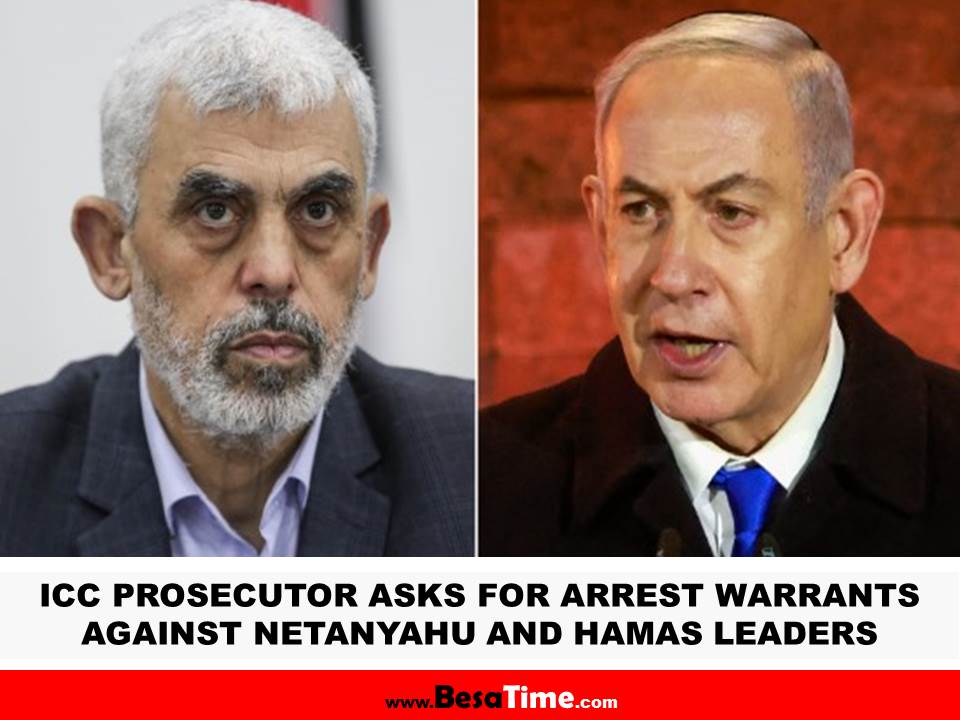
ICC PROSECUTOR ASKS FOR ARREST WARRANTS AGAINST NETANYAHU AND HAMAS LEADERS
ICC PROSECUTOR ASKS FOR ARREST WARRANTS AGAINST NETANYAHU AND HAMAS LEADERS...

ISRAEL KILL CHILDREN AND WOMEN WHO WERE WAITING FOR AID
ISRAEL KILL CHILDREN AND WOMEN WHO WERE WAITING FOR AID Jewish Israeli soldiers keep killing Palestinian Muslim women, children, old people and innocent people, Israel knows no limit to crimes against humanity, crimes against...

USA AND BIDEN’S BALANCING ACT ON ISRAEL AND GAZA
USA AND BIDEN’S BALANCING ACT ON ISRAEL AND GAZA Eric Garcia | Independent...
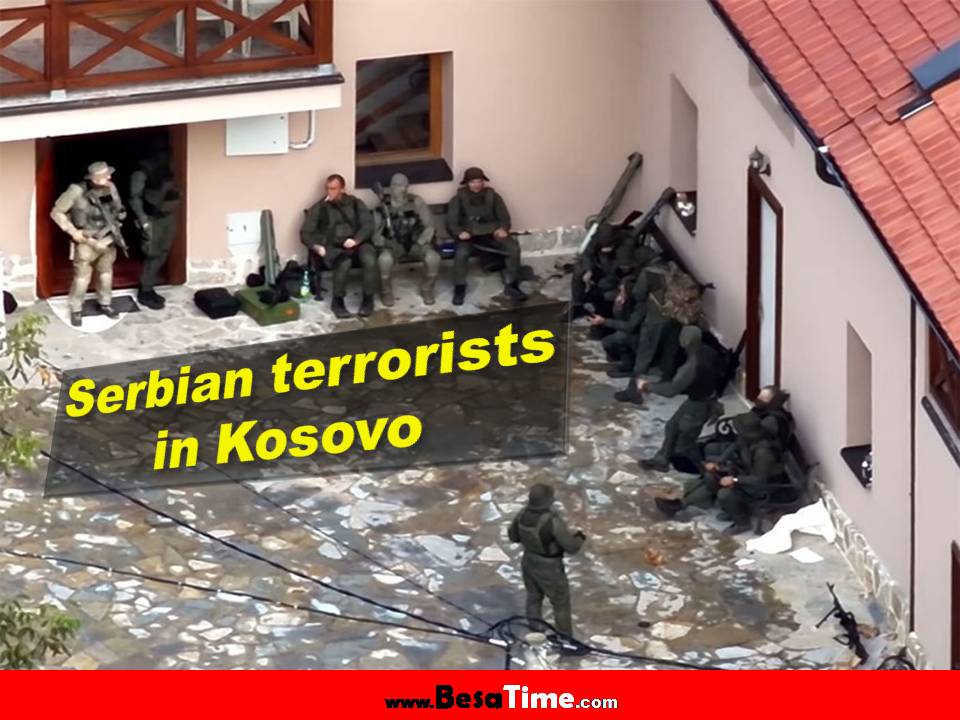
Kosovo publishes ‘evidence’ of Serb-state involvement in north Kosovo attack
Kosovo publishes ‘evidence’ of Serb-state involvement in north Kosovo attack Alice Taylor...


